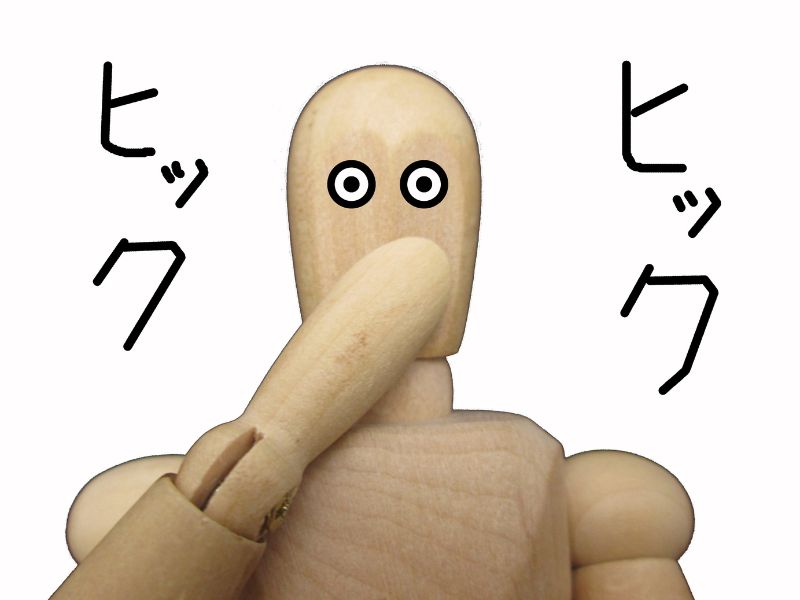Hiccups are a seemingly inconsequential yet universally recognized physiological phenomenon that has puzzled and intrigued humans for centuries. These sudden, involuntary contractions of the diaphragm, accompanied by the characteristic “hic” sound, have sparked curiosity among scientists and the general population alike. In this article, we delve into the underlying mechanisms of hiccups and explore why they occur.
What Causes Hiccups?
Hiccups, scientifically known as singultus, stem from an involuntary spasm of the diaphragm – the sheet of muscle that separates the chest cavity from the abdominal cavity and plays a pivotal role in breathing. When the diaphragm contracts suddenly and without warning, it causes an abrupt air intake, closing the vocal cords and producing the distinctive sound we associate with hiccups.

Canva. com
Triggers And Causes
Hiccups can be prompted by various factors, from benign to more severe. Overeating, fast consumption of carbonated drinks, and intake of spicy foods can irritate the phrenic nerves controlling diaphragm motion. Sudden temperature shifts, excitement, and emotional stress also disturb diaphragm contractions.
From Evolutionary Enigma To Developmental Delight
While the exact evolutionary purpose of hiccups remains speculative, some theories suggest they may have served as a relic of early aquatic life, helping our amphibian ancestors to expel water and facilitate primitive breathing. In modern times, hiccups may play a role in infants’ development, aiding in the maturation of the diaphragm and the respiratory system.

Canva. com
Chronic Hiccups And Underlying Health Conditions
While usually harmless and brief, persistent hiccups can signal underlying health problems, conditions like GERD, nerve damage, brain injuries, and specific medications can disturb diaphragm neural pathways, causing prolonged hiccups requiring medical assessment.
Folk Remedies and Medical Interventions
Over the years, many folk remedies have emerged to combat hiccups, from holding one’s breath to drinking a glass of water upside down. While these methods might provide temporary relief through distraction or altering breathing patterns, more severe and persistent cases of hiccups may require medical interventions. Prescription medications, nerve blocks, and surgical procedures can alleviate chronic hiccups by targeting the underlying causes.
